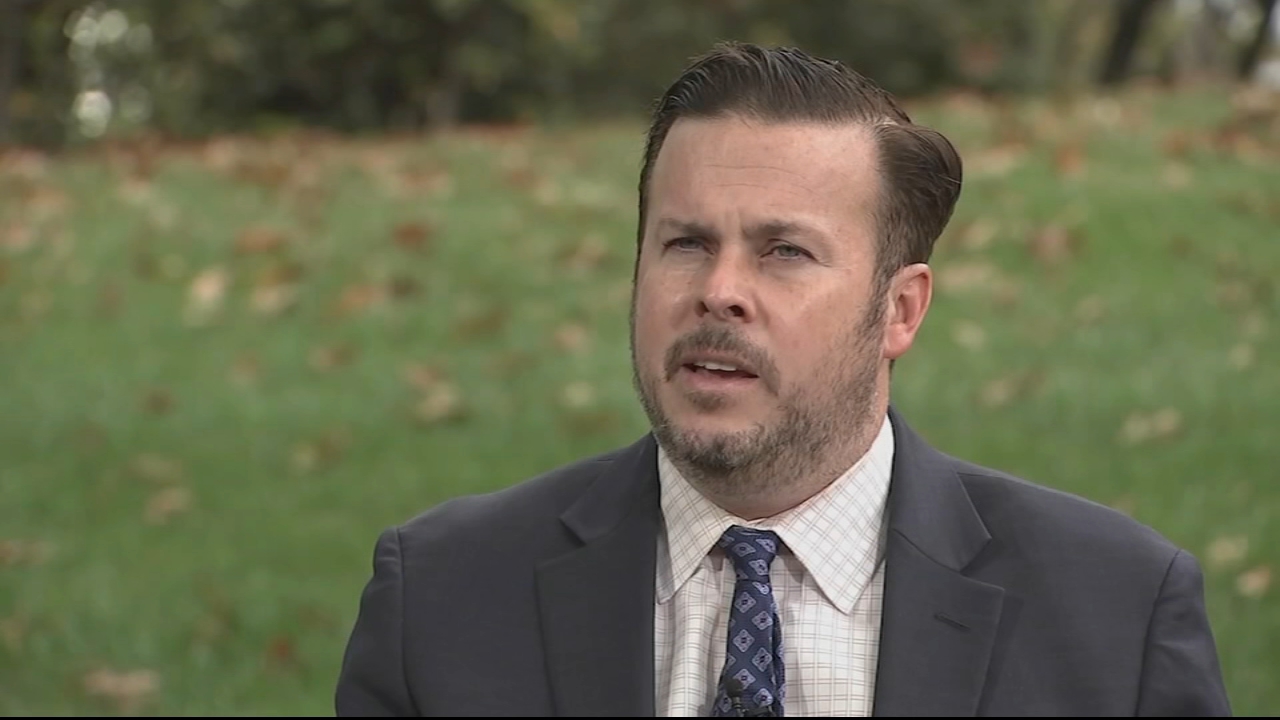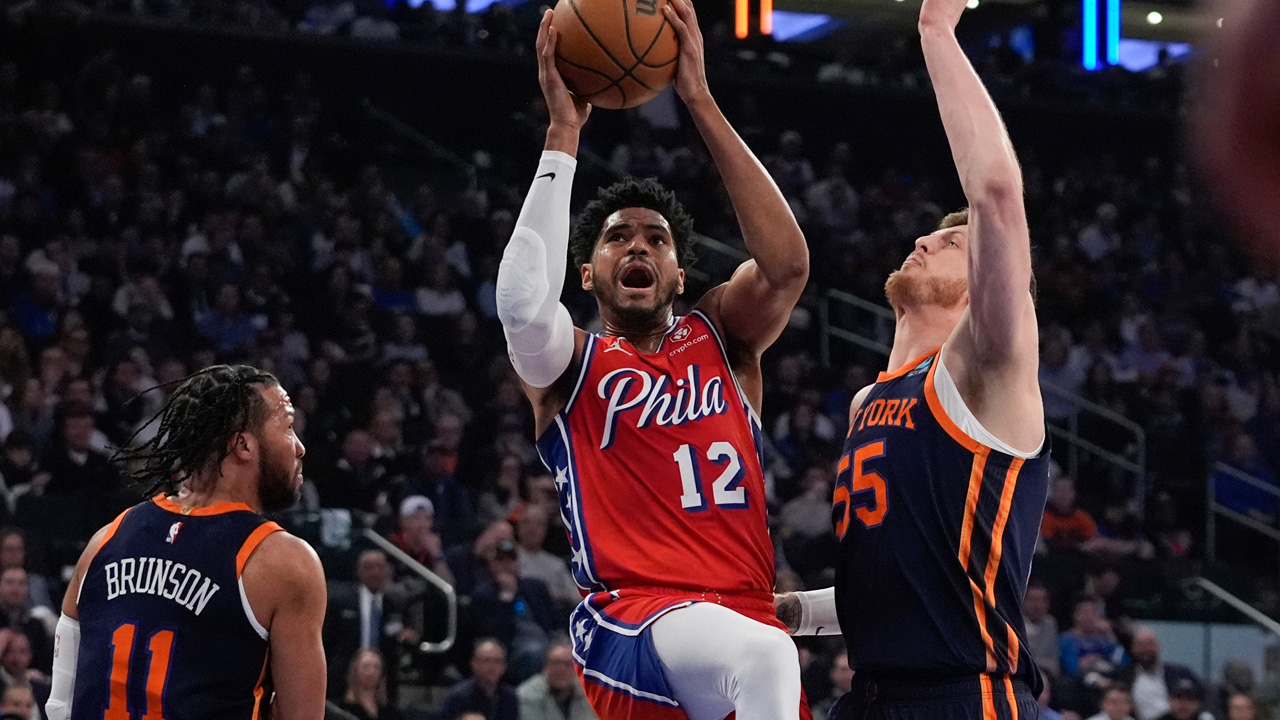Biggest social media scams

PHILADELPHIA (WPVI) -- Social media has become a major part of most of our lives. It is a way we connect, share information, and even play games. But a growing number of criminals are taking advantage of this new platform.
Many of us now spend many minutes, even hours, on our Facebook, Twitter, and Instagram. But the next time you start to tweet or post, remember this.
Rob D'Ovidio, Associate Professor of Criminology at Drexel University, says social media provides an easy way for businesses and cyber criminals to mine for your personal information.
And they do this in the most unlikely ways.
Social media scam #1 - Quizzes and Polls
"They sort of created a gaming mechanism by which to dupe you into giving over information that's valuable to them. They're not telling you that 'we are doing a personality sort of profile on you,'" D'Ovidio said.
But they are.
That's why after you take a quiz, ads that relate to your answers often start popping up on your feed.
Expect phishing requests, too.
And be extra careful if an ad or pop-up asks for your cell number, you may be unknowingly signing up for a monthly subscription service.
Scam #2 - Hidden or Shortened URLs
"The goal there is the fraudster is going to move you to a website that's going to have some sort of malicious payload," D'Ovidio said.
The intent? To gain access to your browser, to hold your account and info hostage.
To avoid bad links, don't click on any from someone you don't know, even if it looks like a harmless article or video.
Instead, do an internet search to get directly to the site's authentic page.
Scam #3 - Bad Link to Login Page
Watch for a bad link that takes you to a login page being monitored by cyber-criminals. If you get to a login page through a bad link and enter your account info, you may have given criminals your password and control of your account.
"These user IDs and passwords have value on the open market. Why? Because criminals want to get in and masquerade as someone within your social network," D'Ovidio said.
Once they're in your network, they might steal your social media identity and post items and make requests to victimize people in your inner circle.
Or they may do the reverse, masquerading as one of your friends or followers to try to victimize you.
Also update your security and privacy settings on all your social media platforms and ask your friends to do the same.
If you know of a social media scam we haven't mentioned, please share the information on my Facebook page.





